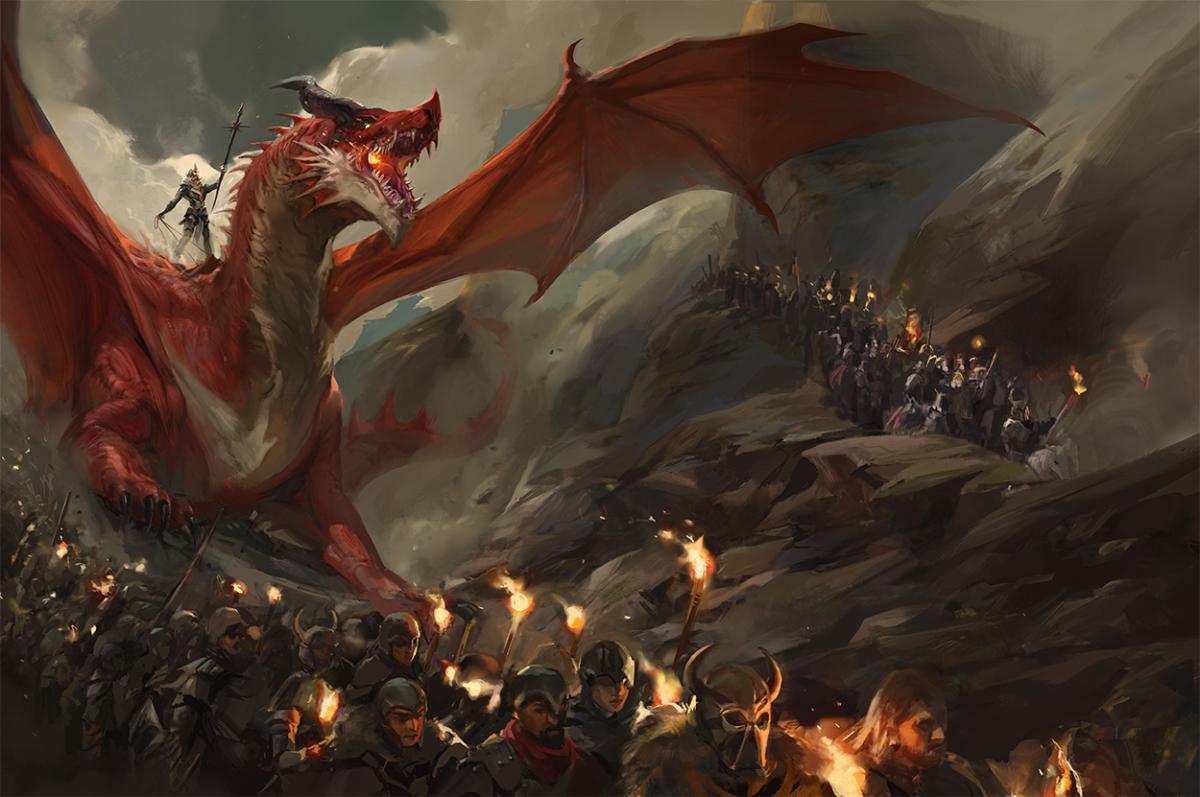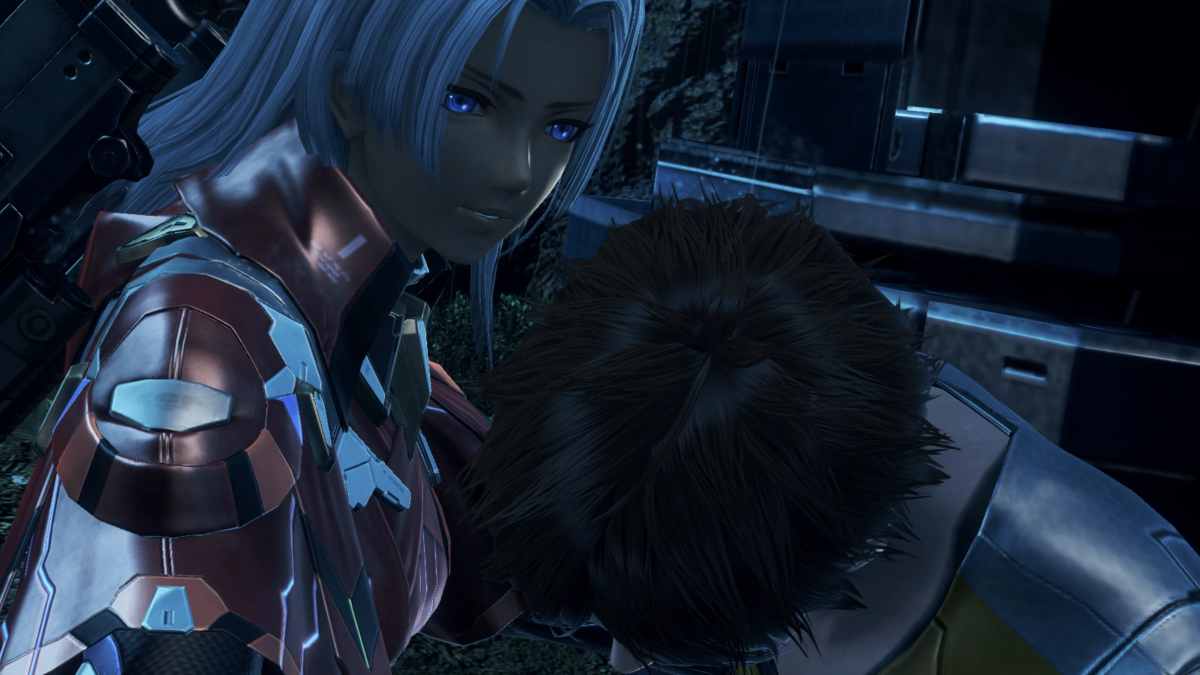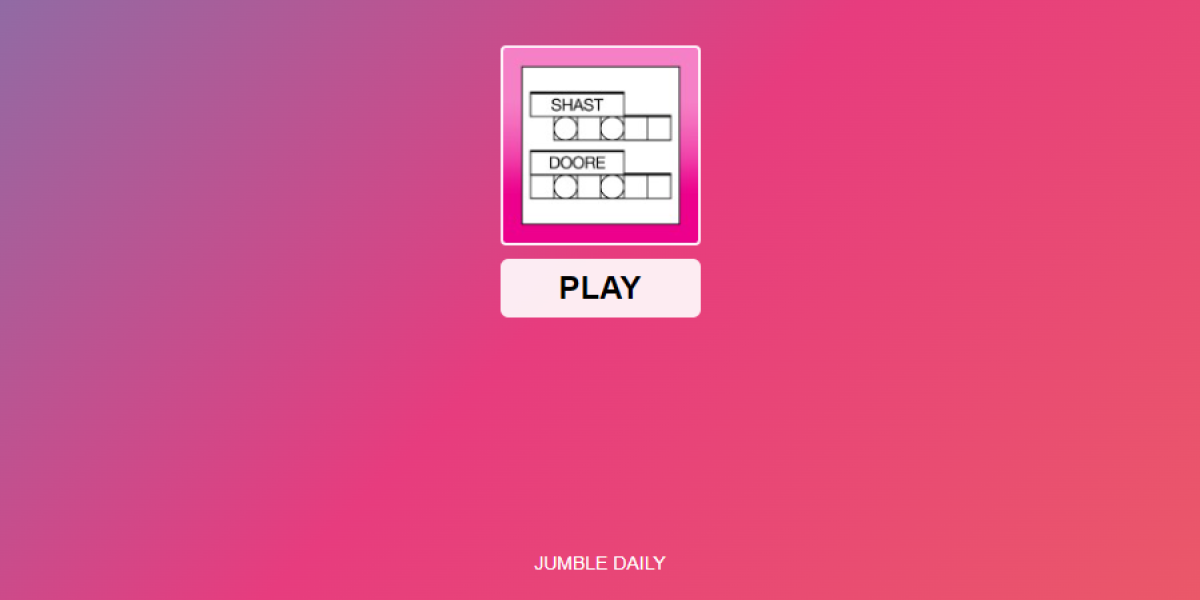Dungeons and Dragons took center stage at Wizards Presents today, announcing major updates to the fifth edition ruleset as a part of a new initiative called One D&D.
One D&D is focused on bringing in new players and representing the diverse background and experiences that players have. This includes introducing new character options, modernizing aspects of fifth edition, and greatly expanding the digital side of the game.
The One D&D initiative is an umbrella term for major changes coming to the game in 2024. This includes revamped core rule books. Changes will also come to Dungeons and Dragons’ digital platform, DnD Beyond. A new digital playspace is also being developed.
The digital playspace will be an online, three-dimensional client that will be an area where players will be able to virtually hold play sessions. The plan is to have preset adventures alongside a fully editable playspace to recreate the feeling of playing with miniatures on a dense world map. Players familiar with using other online tools like Tabletop Simulator and Roll20 will likely see some similarities.
DnD Beyond was acquired by Wizards in April. The digital client makes a lot of the heavy bookkeeping from playing in a campaign easier. Over the past two years, which forced playgroups to play remotely, DnD Beyond became a bigger part of the game’s ecosystem. One D&D will look to expand the client further. One of the first steps is introducing greater digital integration in Dragonlance: Shadow of the Dragon Queen. The release on Dec. 6 will have both physical and digital bundles available to purchase.
Playtesting for One D&D starts today with the release Character Origins, a new Unearthed Arcana. This showcases the new changes to backgrounds, inspiration, and races. A new playtest pack will be released once a month leading up to the new player’s handbook in 2024.
Players can find the playtest packet at DnD Beyond. Players will immediately notice changes to the background. They have been expanded and now include ability score bonuses, something that was generally more tied to race. Feats have been changed and so have levels.
Other key changes are the expansion of inspiration, turning it into a more concrete mechanic that adventurers will regularly interact with. The playtest also codifies the way players generally interact with rolling a one or 20. A 20 is an automatic success and one is an instant failure.
In the current fifth edition rules, critical rolls aren’t necessarily an automatic success or failure, but Wizards outlined that most players treat these rolls in that manner. This led to the proposed changes in One D&D.













Published: Aug 18, 2022 11:13 am